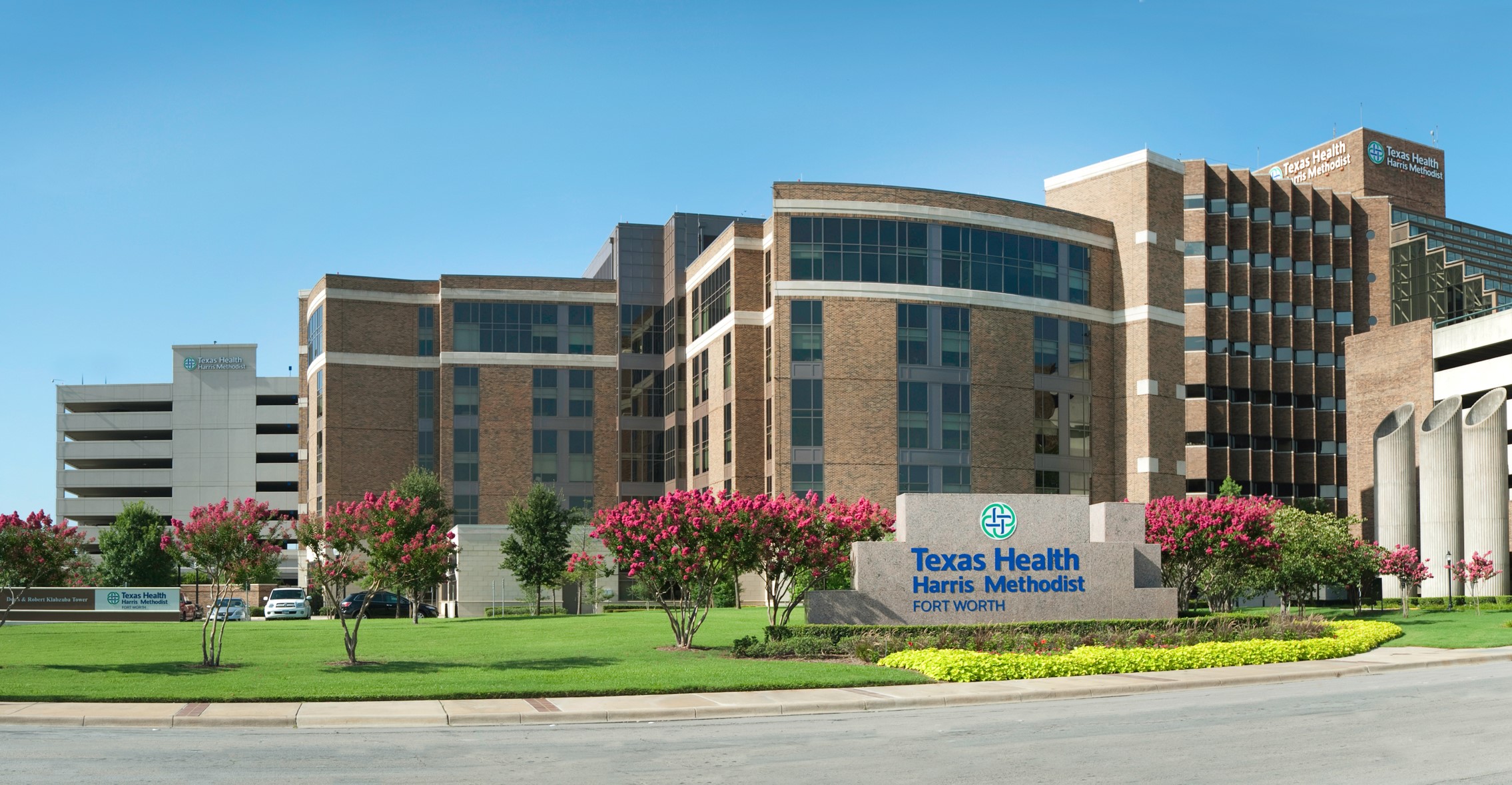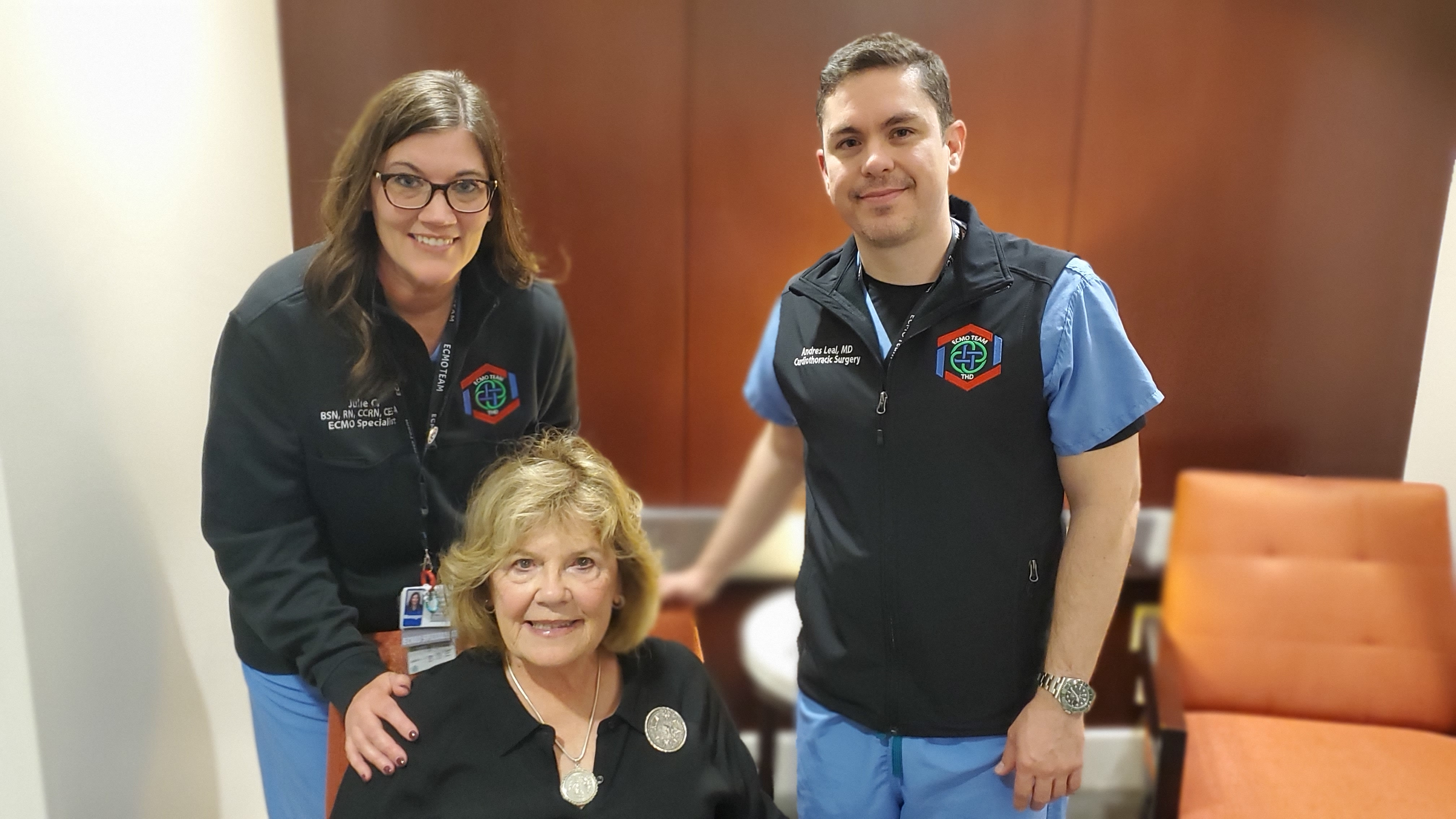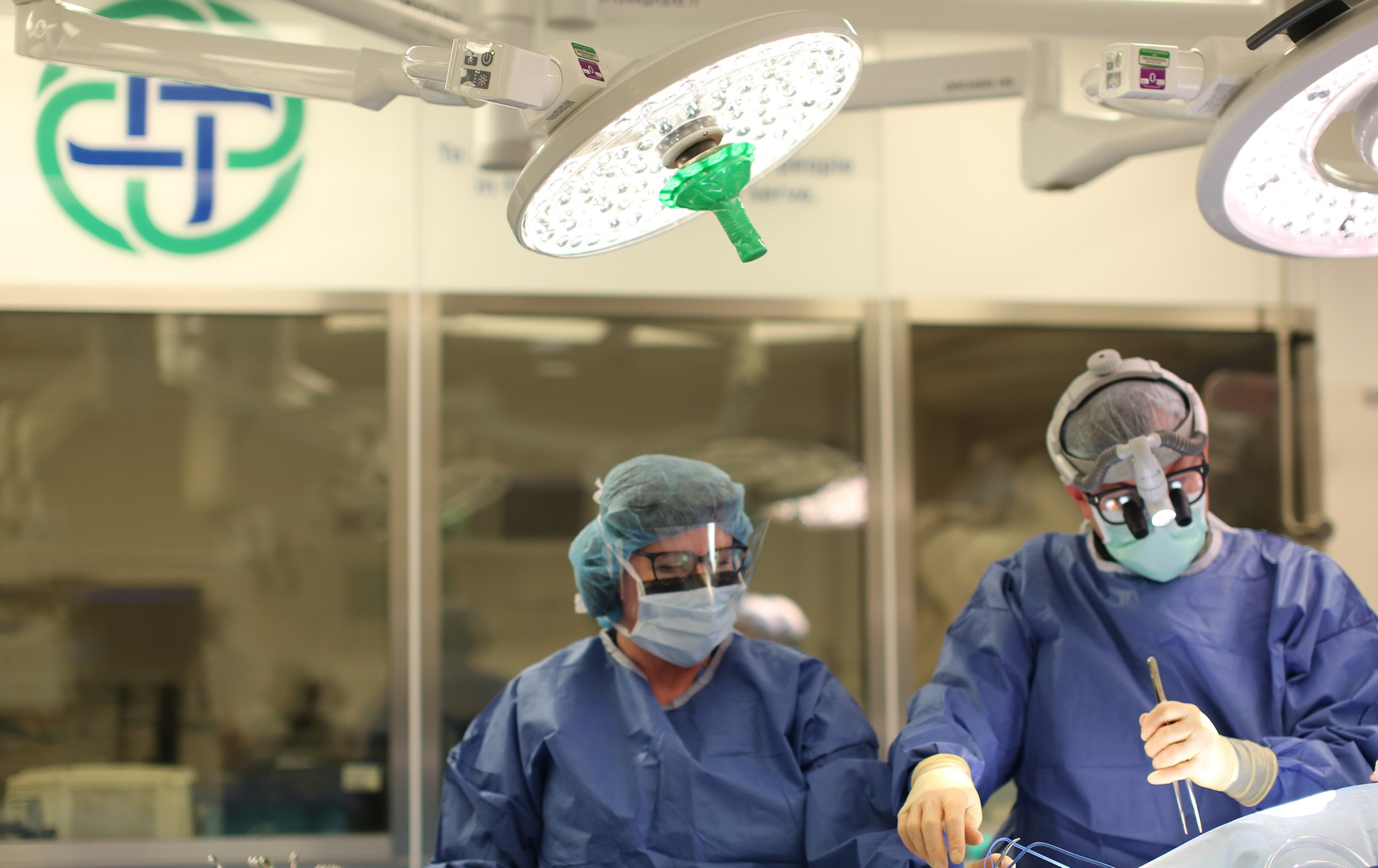
When choosing where you receive care for your heart, quality matters. Texas Health has been recognized for quality heart and vascular care, and physicians on the medical staff use advanced technologies in the fight against heart disease. We are dedicated to continually improving and advancing our heart and vascular programs in North Texas.


Heart and Vascular Services


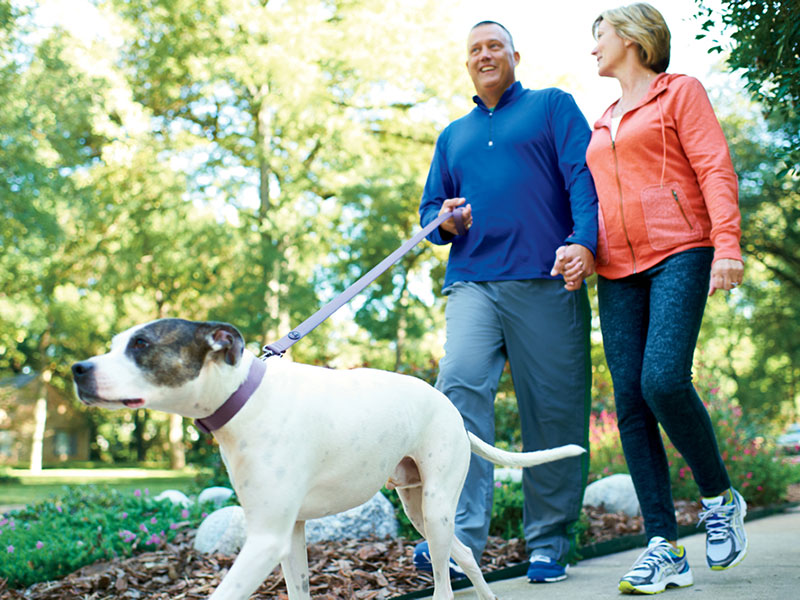
-
Cardiac Rehabilitation
Cardiac rehabilitation is made up of a series of personalized, prescriptive activities related to critical functions of heart health, such as exercise, education, dieting and lifestyle modification. The goal is to help you restore and maintain optimal health while helping to reduce the risk of future heart problems.
-
Pulmonary Rehabilitation
Texas Health is committed to helping you achieve better lung health and function. We are proud to offer pulmonary rehabilitation, a program of exercise, education and support, to help maximize your lung function and overall quality of life.
-
Vascular Rehabilitation
If you have been diagnosed with peripheral arterial disease (PAD), you may be a candidate for vascular rehabilitation. This program consists of a specialized exercise program that is supervised by medical professionals, including cardiovascular nurses, exercise physiologists and other personnel.


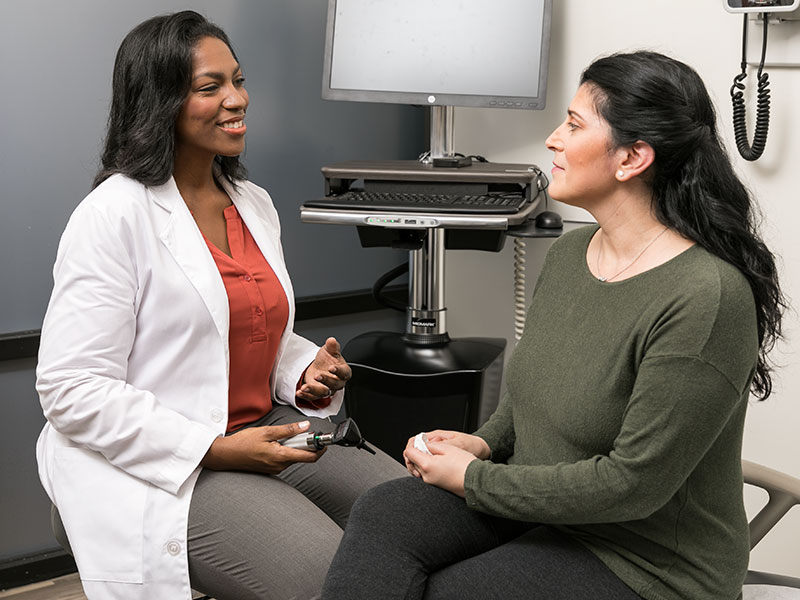
Heart disease is the leading cause of death for both men and women, and 90 percent of women have one or more risk factors for a stroke or heart disease.
You might think you know what a heart attack looks like, but heart attacks don’t always stick to the script as they’re depicted in movies and television. Time is imperative when it comes to a heart attack. So knowing the classic symptoms of a heart attack, as well as less common symptoms, can help lessen damage and potentially save your life.
Classic heart attack symptoms include:
- Chest discomfort or pain in the upper chest
- Pressure in the chest. Many people describe it as something “sitting” on their chest.
- Pain in the left arm or sometimes up the right arm
- Pain between the shoulder blades
- Unexplained sweating
- Nausea or vomiting
- Lightheadedness or dizziness.
It’s important to know that symptoms of a heart attack can be very different in men versus women. Learn more about the symptoms women experience most, so you can be prepared.







